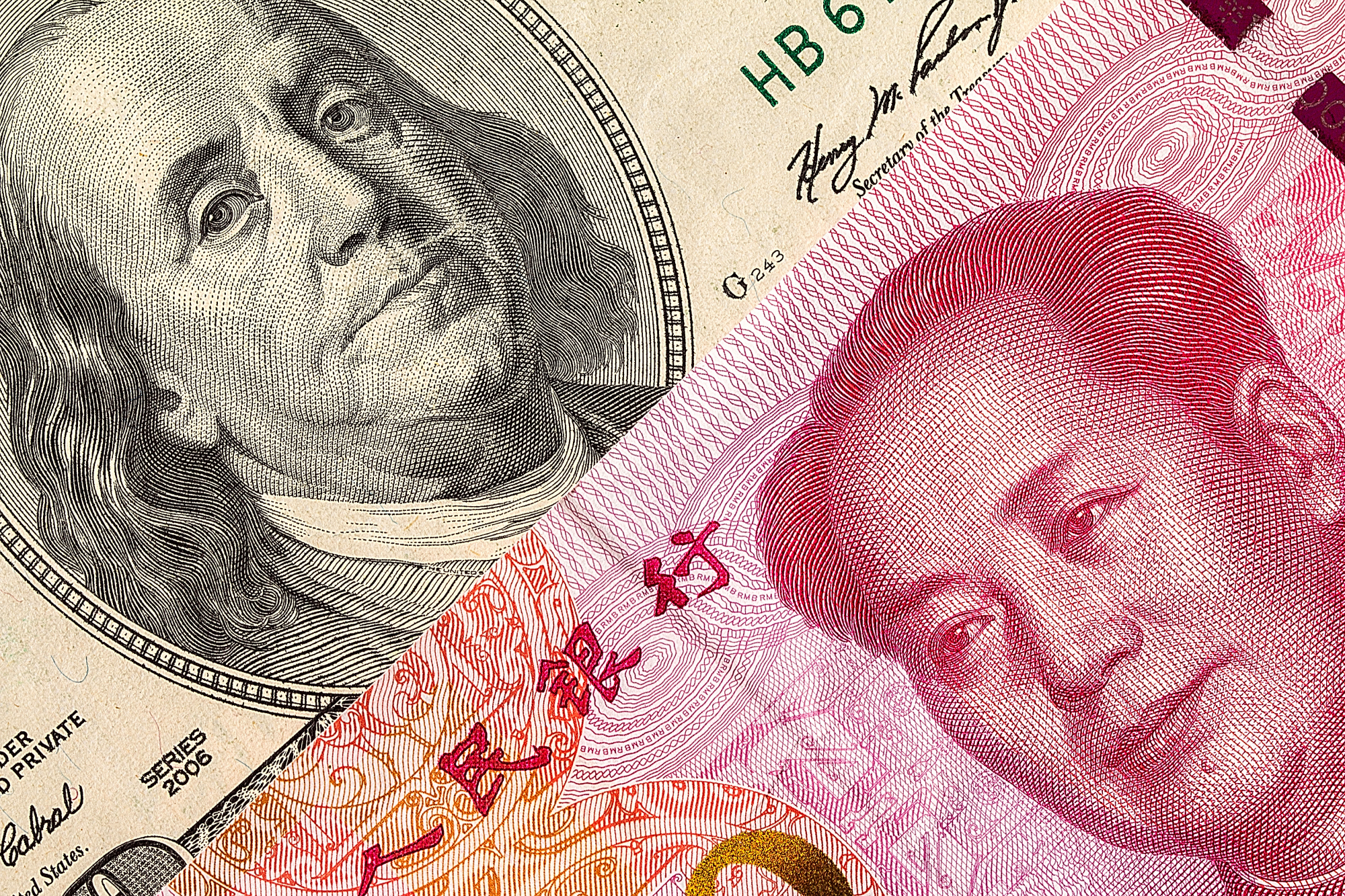The dismal performance of the Turkish lira (down 38 percent to the dollar so far this year) and the Russian ruble (down 14 percent) is strong evidence of how even relatively low-octane U.S. sanctions or the threat of harsher ones can hurt an economy. But could the United States be going too far with the weaponization of its economic advantage? Could its aggressive use of sanctions end up undermining the dollar's global dominance?
To listen to the loud noises coming from Ankara and Moscow, that's exactly what's happening. "We are preparing to trade in our local currencies with the countries that we have the largest trade volume such as China, Russia, Iran and Ukraine," Turkish President Recep Tayyip Erdogan said in response to the U.S. administration's doubling of import tariffs on Turkish steel and aluminum and personal sanctions against Turkish officials.
Russia faces increased U.S. sanctions for a spate of adversarial activities against the U.S.; they could include a ban on the purchases of new Russian debt and affect Russian state banks' ability to deal in U.S. dollars. So, visiting Ankara last week, Russian Foreign Minister Sergei Lavrov chimed in:



















With your current subscription plan you can comment on stories. However, before writing your first comment, please create a display name in the Profile section of your subscriber account page.